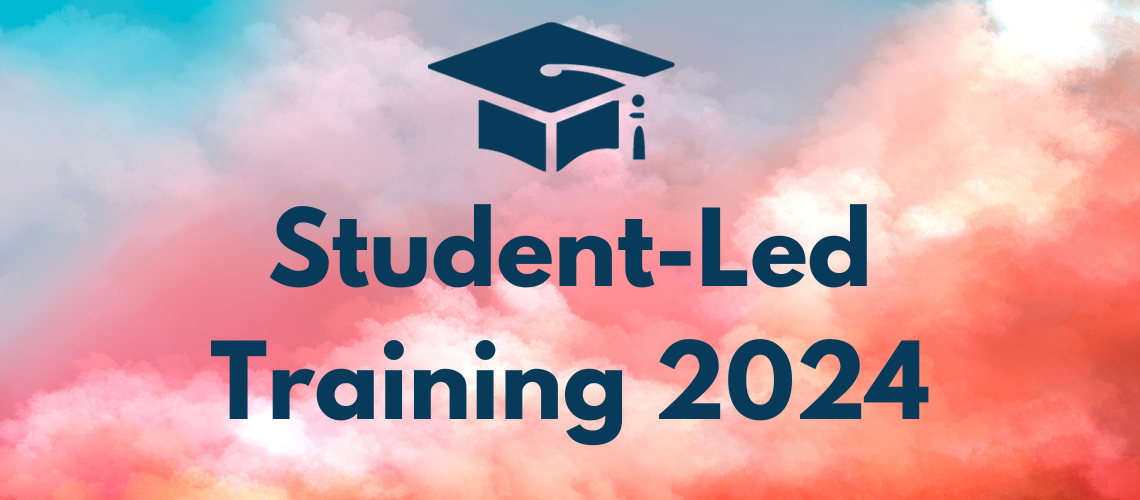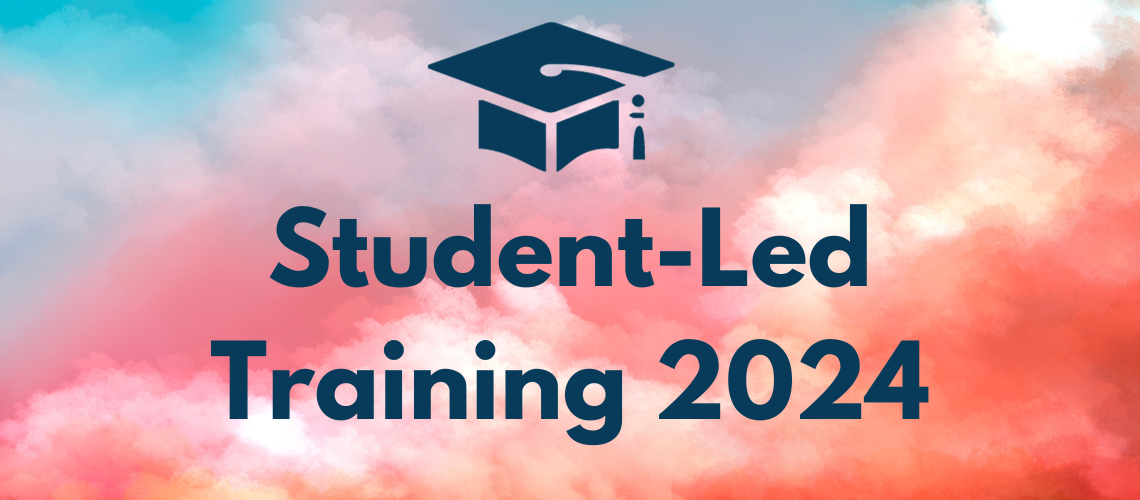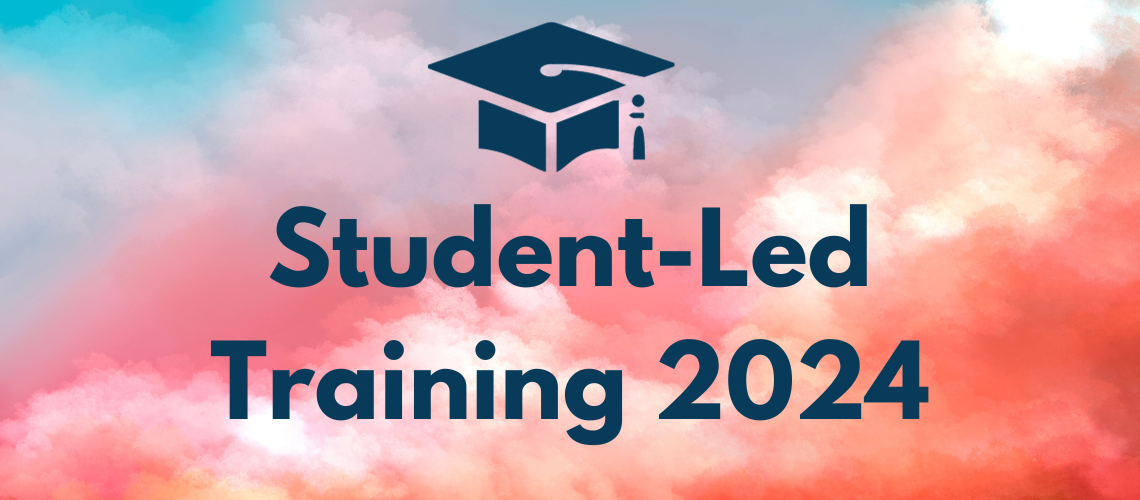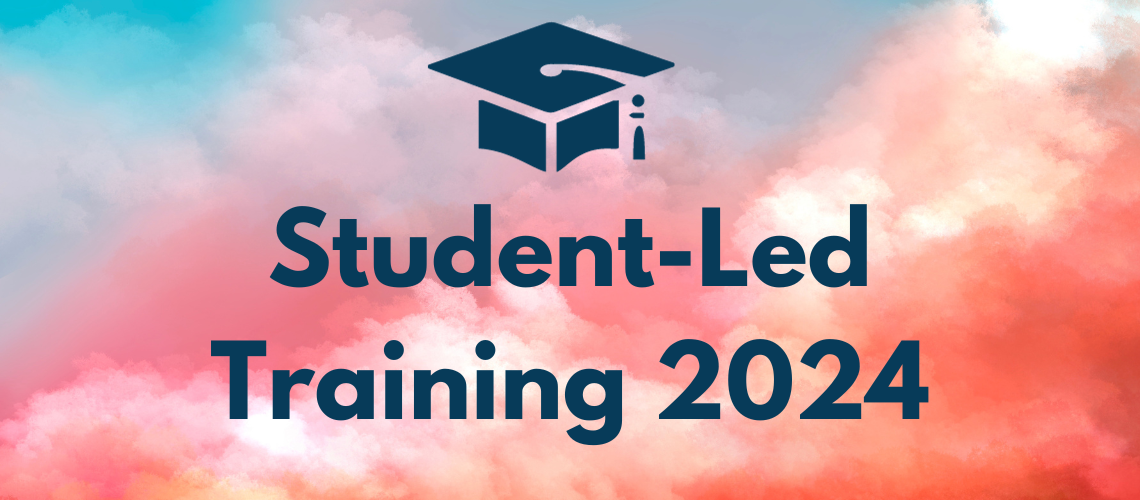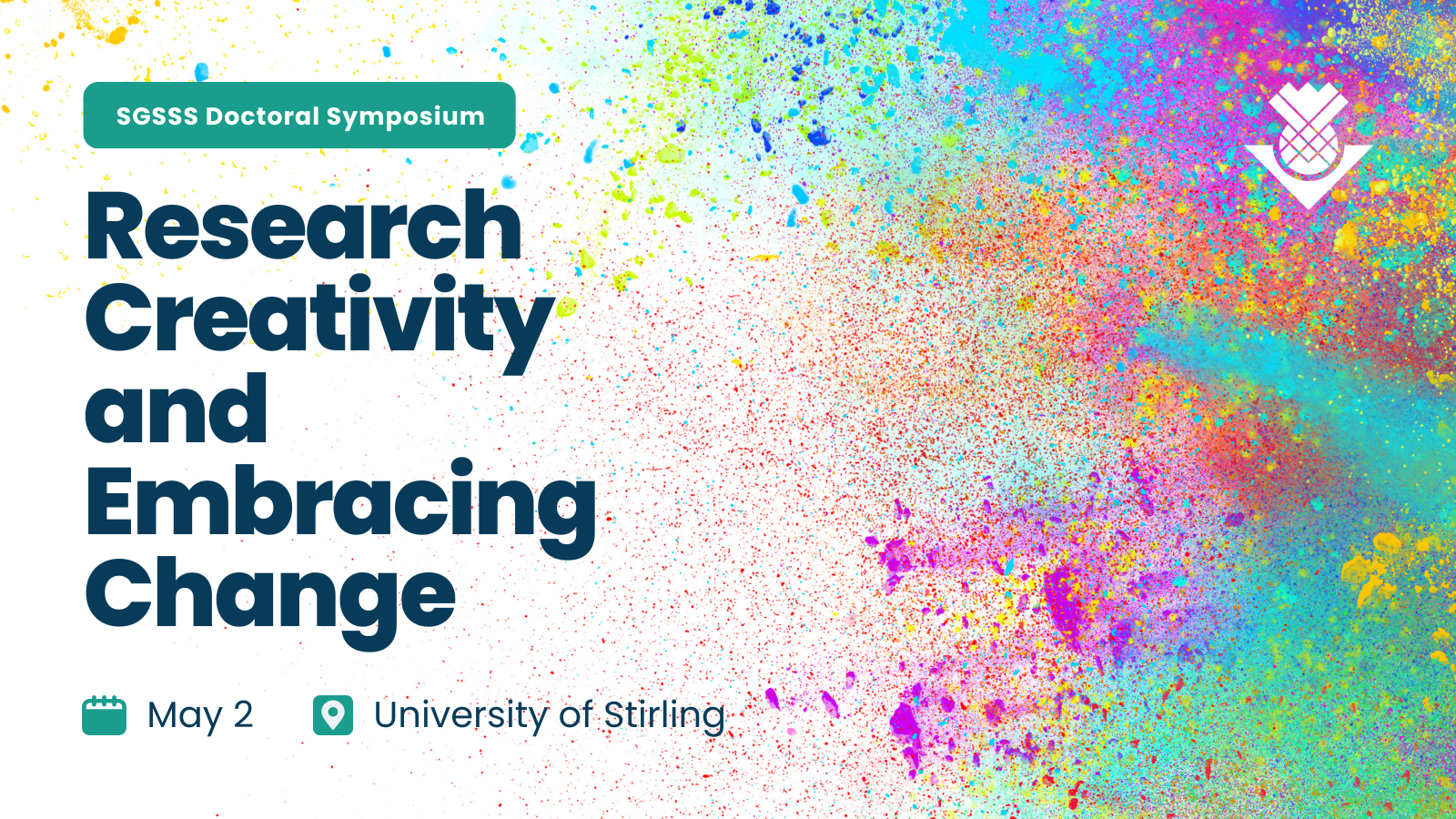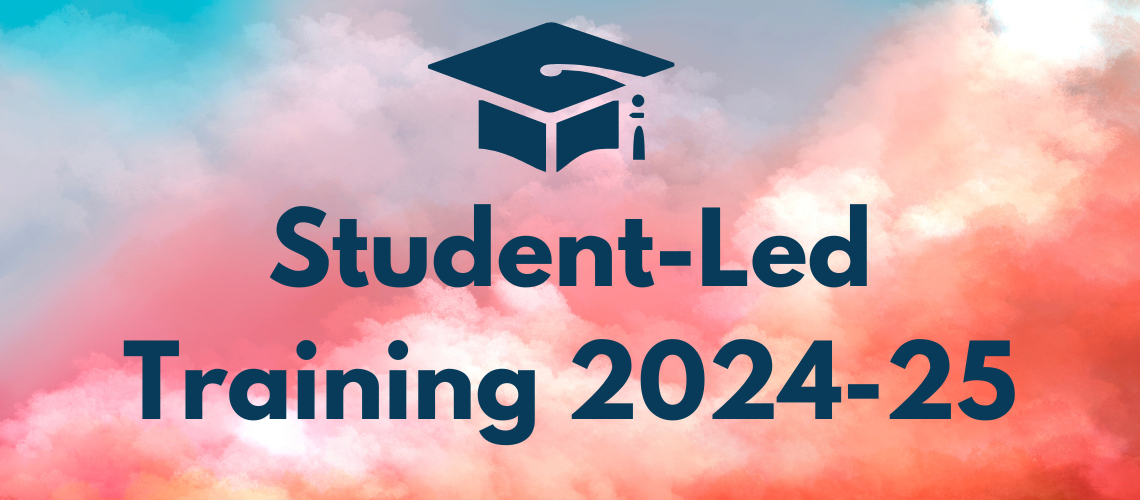Examining Complexity in Social Science and Public Health: Applying Agent-Based Models and System Dynamics
Online via ZoomCome along to this interactive day-long introduction to agent-based modelling and system dynamics modelling, focusing on their applications in social science and public health.

